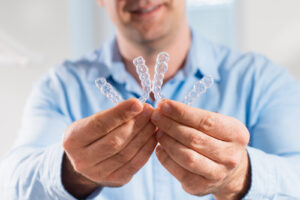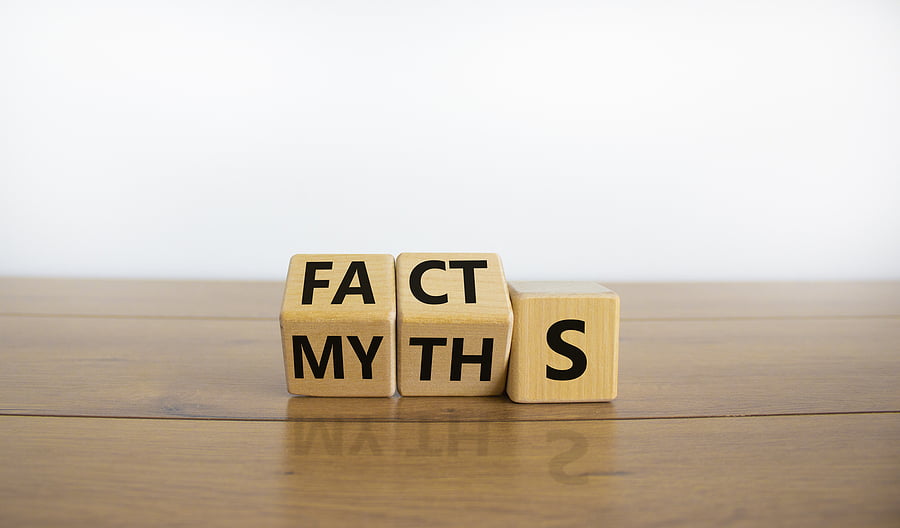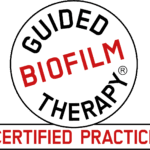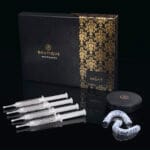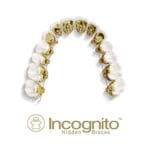#1 ‘Brushing vigorously will make my teeth brighter and cleaner’
The facts: not only is this untrue, it’s actually harmful to your smile in the long term. An abrasive brushing technique causes the protective coating on your teeth (tooth enamel) to erode overtime. Without this, your teeth have no defences against decay and cavities, leaving you susceptible to tooth loss. Meanwhile, over brushing around the gum line can result in gum recession (when the gums pull away from teeth) exposing areas of dentin which are not covered with tooth enamel. These areas then quickly become prone to decay.
#2 ‘I only need to visit the dentist when I’m in pain’
The facts: as teeth are not able to repair themselves in the way other parts of the body can, preventive care is crucial, and part of this means never missing a routine dentist or hygienist appointment. You should be coming along to such appointments every 6 months, even if you feel your teeth are in good health. Problems like cavities and the progression of gum disease are slow-developing and don’t always cause any pain or sensitivity, often going unnoticed, until spotted by a dentist during your routine appointments.
#3 ‘White teeth are healthy teeth’
The facts: logic would have us assume that white teeth must be healthy teeth, and this isn’t an unreasonable assumption to make. Whilst there are various foods and drinks that discolour your teeth, this doesn’t mean they’re unhealthy, and those with pearly white teeth can still suffer from inflamed and infected gums as well as cavities. Gum disease is the no.1 reason for tooth loss in adults, and even the most disciplined of brushers can suffer problems with their gums, especially if they neglect to regularly visits the hygienist to have cumulative plaque removed.
#4 ‘Now I’m an adult, I’m not suitable for treatment with braces’
The facts: it’s true that in the past, orthodontic treatment was almost always solely associated with children and teens. Nowadays, braces are less invasive and yield more predictable results than ever before, causing a shift in the demographic seeking to straighten their teeth. Thanks to treatments like Invisalign and lighter and more cosmetically-appealing fixed braces, adults have become more attracted to treatment. Not only is this great news because it allows patients to feel more confident and happy with their smile, correcting structural problems with teeth makes brushing and flossing easier.
#5 ‘Brushing immediately after eating is beneficial’
The facts: this is another one on our list that may not make a lot of sense at face value. Whilst you might think brushing straight after eating seems like a sensible thing to do, by doing so you risk harming your tooth enamel. As the acids created during and directly after eating attack enamel and leave it weakened, brushing is particularly abrasive during this time. The best practice is to wait for your saliva to do its job of washing the acids from your mouth, drink plenty of water and brush half an hour after consuming food, at the earliest.
If you would like to book in for a specific treatment, or for your routine appointment, please don’t hesitate to get in touch with our friendly reception team.


